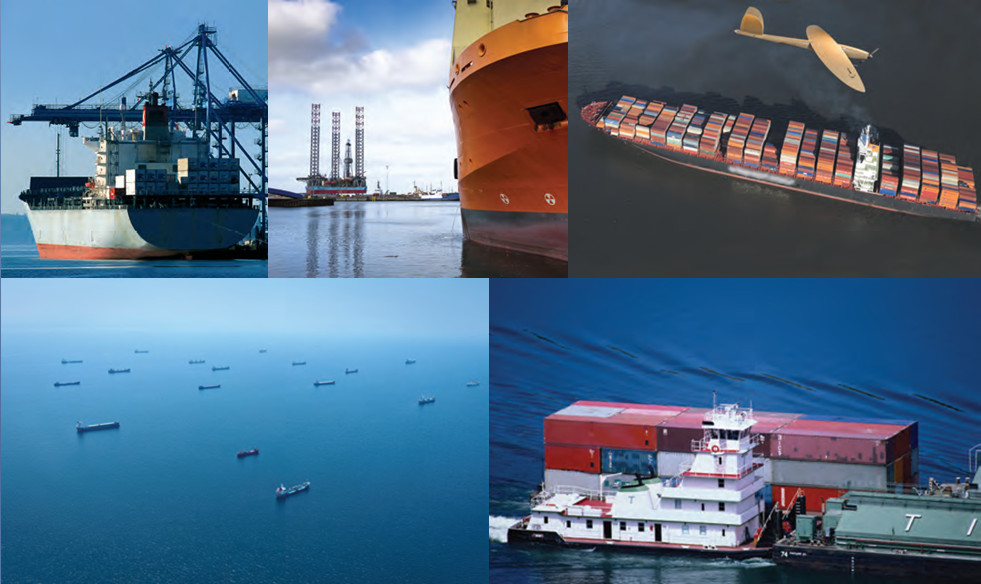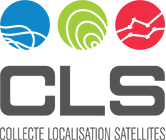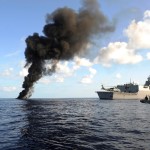← Back
CLS helps Europe to enforce maritime emissions monitoring with the ESA feasibility study “STEAM”

On January 1st 2015, the amended European Directive to limit the Sulfur Oxydes (SOx) emissions entered into force. Enforcing this Directive requires emissions monitoring for all vessels. Remotely Piloted Aircraft Systems (RPAS) are an excellent tool for measuring ship emissions. The ESA feasibility study “STEAM”* started on November, 1st 2015 and is led by CLS.
CLS, which has been working towards the signature of a strategic R&D partnership with the Delair-Tech company, is currently leading a Feasibility Study project under the European Space Agency supervision.
This project, involving CLS and its partner, with the support of the European Maritime Safety Agency (EMSA), the Danish Environmental Protection Agency, the French Directorate of Maritime Affairs, and the German Federal Maritime and Hydrographic Agency, the Danish Shipowners Association, and the Trident Alliance, aims at proving the technical feasibility and investigating the cost-efficiency optimisation of measuring ship emissions using RPAS for Maritime Authorities and lays the groundwork to enhance satellite-based command & control capabilities onboard Delair-Tech drones.
CLS, subsidiary of the French Space Agency (CNES), has worked closely with maritime security administrations for 25 years, providing tracking and monitoring services. Our key achievements include the development and operation of the EU LRIT data center for EMSA and the U.S. LRIT data center for the U.S. Coast Guard. CLS has also worked hand-in-hand with shipping companies to develop hardware and software solutions that suit the needs of the maritime professionals since the 1980s.
* STEAM: Ship Sulfur Trails Emissions Aerial Measurement


